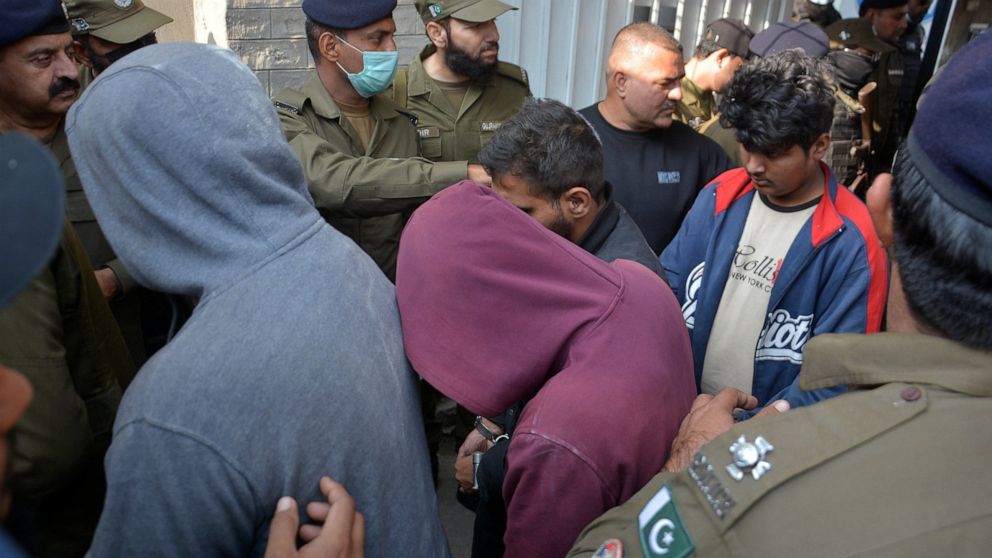
In Pakistan, six men have been sentenced to death for killing a Sri Lankan man accused of blasphemy. In the city of Sialkot, 48-year-old Priyantha Kumara Diyawadana, a factory manager, was beaten to death and set ablaze last December.

Of the 88 people convicted of lynching and death of Priyantha Diyawadana, a life sentence for nine, and the others received sentences ranging from two to five years in jail.
When Imran Khan described the incident as “A Day of Shame” for the country, the case shocked the country.
Social media videos show Mr. Diyawadana to be dragged from his workplace and beaten to death by the angry crowd.
Then they burned his body, and several people in the crowd took selfies with his corpse.
The attack on the internet was describes by his wife, Nilushi Dissanayaka, as “so inhuman”.
What prompted the mob violence?
There was a rumor that Mr. Priyantha Diyawadana had committed blasphemy for tearing down posters with the Prophet Muhammad’s name on them.
However, a colleague who ran to the scene to save him revealed to local media that Mr. Diyawadana had only removed the posters before cleaning the building.
Also See: Sialkot mob lynches and burns Sri Lankan manager to death
Many people killed in a vicious attack that shocked the nation and sparked vigils.
Blasphemy is the act of insulting a particular faith or deity. In Pakistan, insulting Islam can result in death proven or not.
According to the country’s blasphemy law, people do not disturb religious assemblies, trespass on burial grounds, insult religious beliefs, or purposely defile a place or object of worship.
In 1986 that there was a separate clause for punishing blasphemy against the Prophet Muhammad that recommended “Death or Life Imprisonment”.
Even unfounded allegations can lead to protests and mob violence against alleged perpetrators in Pakistan. In recent years, Minorities have often faced charges relating to human rights violations and argued against critics of human rights.
